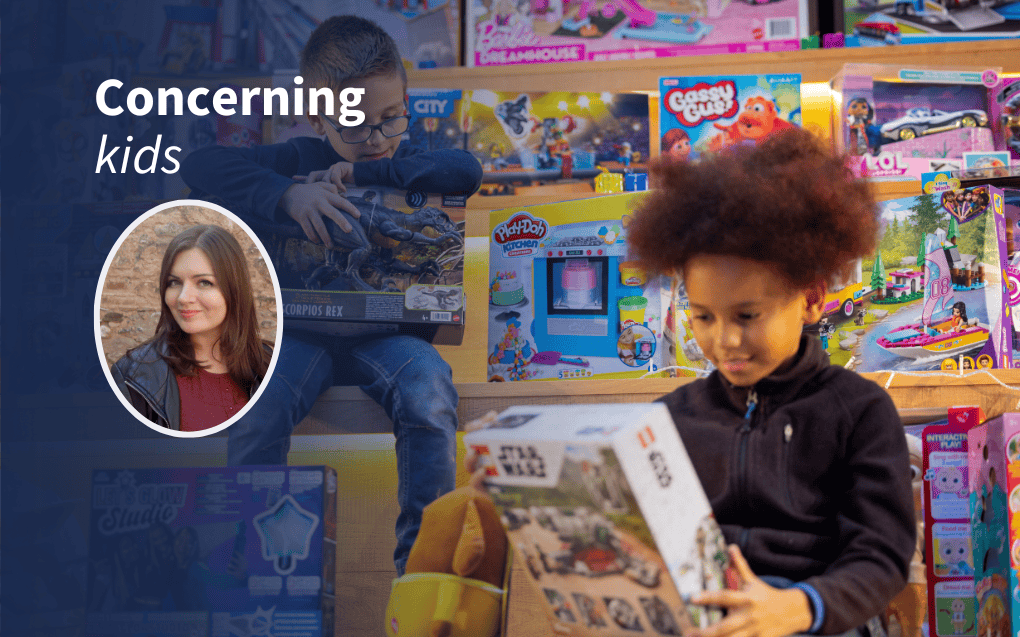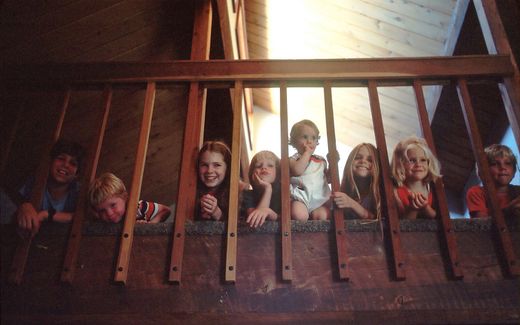Four tips to win the battle against more “stuff”

Photo Canva.com, AFP, Tolga Akmen
Christian Life
Too many people spend money they haven't earned to buy things they don't want to impress people they don't like, the American artist Will Rogers once said. And it is true, columnist Anna sees.
Stay up to date with Christian news in Europe? Sign up for CNE's newsletter.
Materialism and consumerism are a part of our culture and our life. The improvement of the economic state of our countries and personal income growth result in a change of purchasing habits. We buy much more than all previous generations ever did.
Moreover, it is not only about buying things that we need for a more comfortable life. Materialism fits our hearts as we are always hungry for more. Our hearts have empty spaces that we fill with good emotions, new purchases, and new senses. Media and marketing target our heart desires to push us to buy more.
Kids are also heavily affected by consumerism as they compare things they possess with what their classmates have and want more so that they are socially accepted. The definition of "need" is now similar to "wish". Every shopping trip becomes a test for us as children always "need" something new. It is challenging to develop a healthy relationship with material possessions as we are constantly bombarded with messages encouraging us to buy more.
Shift
However, supermarket negotiations with kids don't help if we lack a healthy mental culture at home. We can't raise kids with a healthy attitude to materialism if we lose this battle ourselves. Therefore, it is vital to develop healthy habits together as a family. Four tips to help you with it.
- Learn the Value of Experiences over Things
One of the best ways to counter consumerism is to shift focus from material possessions to experiences. We can encourage activities like hiking, playing games, or visiting museums, which offer joy and learning without emphasizing buying things. These experiences are often more fulfilling and create lasting memories.
- Develop Critical Thinking About Advertising
We should discuss more how ads are designed to make people feel like they need something to be happy or popular. Instead of passively watching movies and ads, we should use critical thinking and voice out to our children if something is wrong.
- Encourage Mindful Spending and Saving
It is a part of family culture when we talk about how much we can spend or save. One of the best phrases I learnt from my parents is, "Every "yes" here means "no" there". With that in mind, kids can learn about responsibility and think twice before making a decision on spending impulsively.
- Promote Good Management and Generosity
Are we good managers of things we already own? Do we use things or passively store them? It is helpful to learn to manage things better and to give away the things we don't use. My friends taught their kids that if they buy a new toy, they will give away one of the old toys. The child then chose what he would give away.
Henry Thoreau said that we don't own things; things own us. A healthy relationship with things starts with a change in our mindset. Let's change our family culture.
Related Articles








